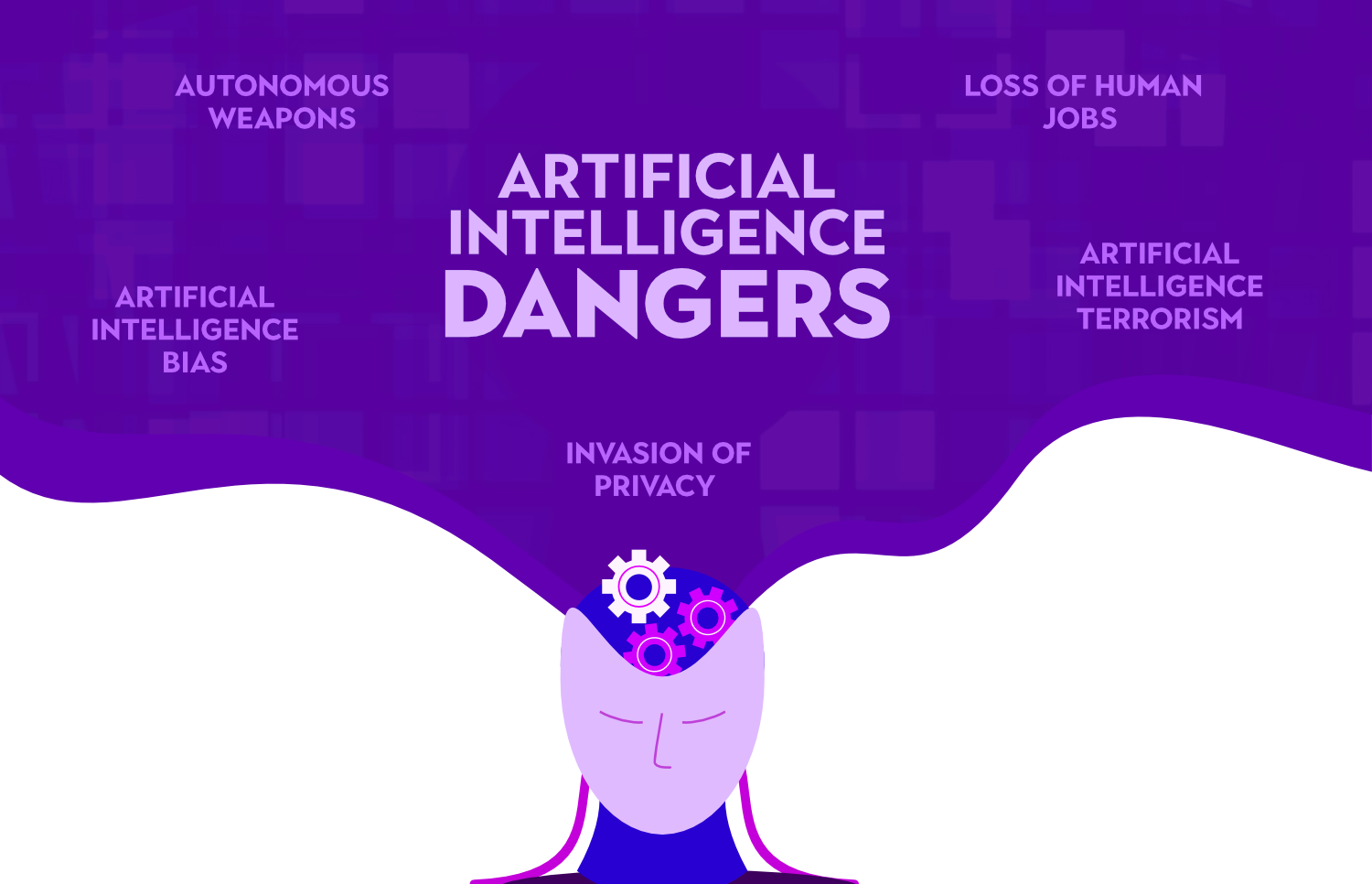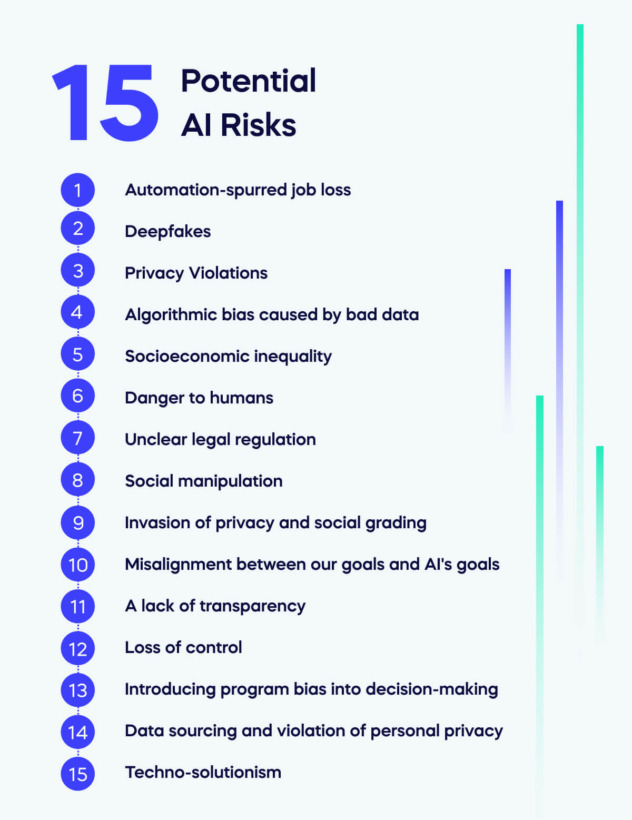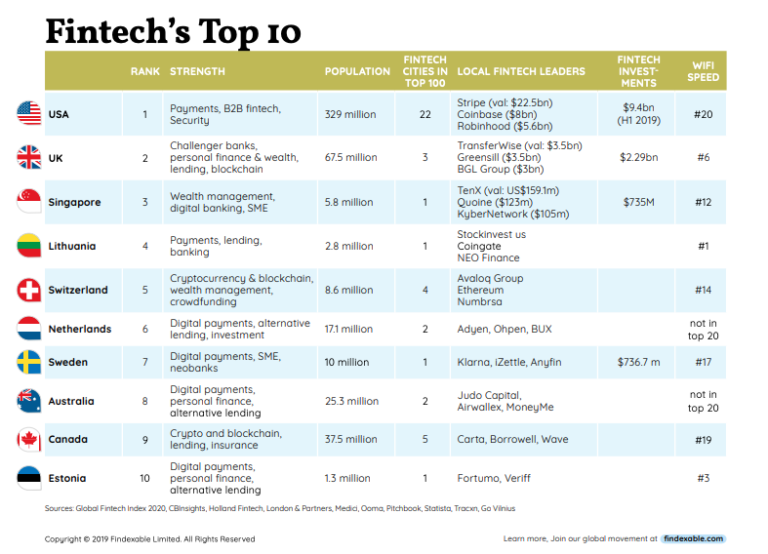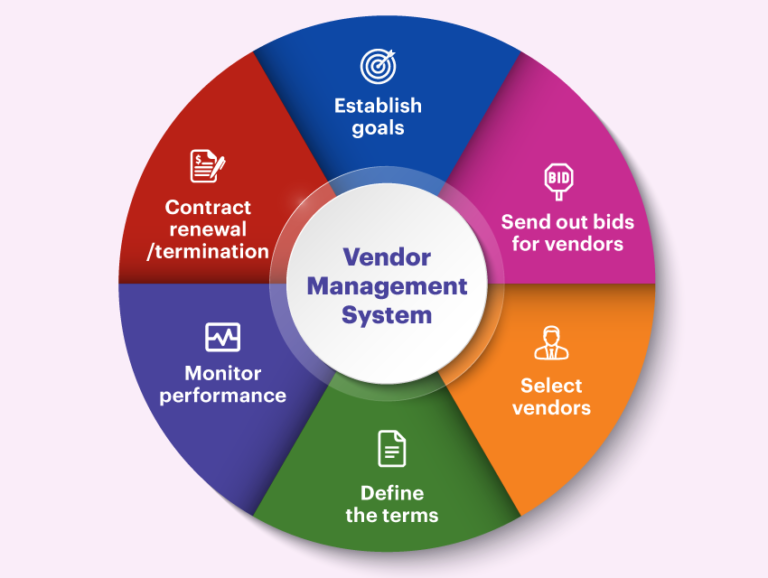What Are 4 Risks Of Artificial Intelligence?
Artificial intelligence (AI) is a rapidly advancing field of technology that holds a great deal of potential for business and research applications. However, there are a number of risks associated with the development and utilization of AI that need to be taken into consideration. Such risks include potential economic disruption, ethical and legal implications, privacy and security issues, and unintended consequences. Understanding and preparing for these risks is essential to ensure that the potential benefits of AI are maximized while minimizing the potential harms.
Definition of Artificial Intelligence
Artificial Intelligence (AI) is a broad field of computer science that uses algorithms and data-driven models to create machines and systems capable of performing tasks that normally require human intelligence. AI systems can be trained to understand patterns in massive datasets, identify objects, recognize spoken language, play games, and more. AI has been revolutionizing the way businesses operate, from automating mundane daily tasks to improving customer service and creating predictive models to help guide business decisions. However, along with the benefits of AI comes a set of risks that need to be taken into consideration. In this article, we’ll discuss four of the potential risks of AI.
Overview of Potential Risks
of Artificial Intelligence
Artificial Intelligence (AI) is revolutionizing the way business is conducted, from the way companies interact with customers to the way they optimize their operations. Despite the many promises AI offers, it also presents a range of potential risks and ethical dilemmas. It is important to understand the potential risks AI can present in order to ensure that the technology is used safely and responsibly.
This article will discuss four potential risks of Artificial Intelligence, including privacy concerns, job loss, biased data, and potential for misuse. We will also look at the ethical implications of these risks, as well as how they can be mitigated. Understanding the risks associated with AI can help companies ensure that they are using the technology safely and ethically.
Privacy is one of the biggest concerns with AI. AI systems collect vast amounts of data to improve their algorithms and performance, but this data must be stored and secured properly. Poorly secured data can be vulnerable to breach or misuse, putting individuals’ personal information at risk. Companies must ensure that they have the proper security protocols in place to protect this data.
Another risk of AI is job loss. AI systems are capable of performing many tasks that were once done by humans, and this could lead to displacement of workers. Companies must be mindful of this potential risk and ensure that they are taking steps to ensure job security for their employees.
Biased data is another potential risk of AI. AI systems are only as good as the data they are trained on, and if the data is biased then the results of the AI system will also be biased. This can lead to decisions and actions that are based on incorrect assumptions or prejudices. Companies must ensure that the data they are using is free from bias and representative of the population they are interacting with.
Finally, AI systems can be misused if not properly regulated. AI systems can be used for malicious purposes, such as hacking or spying. Companies must ensure that they have the proper protocols and measures in place to prevent misuse of their AI systems.
In conclusion, Artificial Intelligence presents a range of potential risks that must be understood and addressed to ensure that the technology is used safely and responsibly. Understanding the potential risks of AI can help companies mitigate them and ensure that they are using the technology ethically.
Risk of Dependence on AI
AI technology is quickly becoming an integral part of modern life, and many of us have come to rely on AI to a certain extent. However, there are risks associated with this dependence. As AI continues to become more sophisticated, it may soon be difficult to distinguish between what is AI-driven and what is human-driven. This could lead to a situation where AI is given too much power and autonomy, leaving humans with little to no control over the decisions made. Additionally, AI-driven decisions may not always be the most ethical or accurate, and it may be difficult to undo the damage done by AI gone wrong. Therefore, it is important to be aware of the potential risks associated with relying too heavily on AI technology.

Risk of Unintended Outcomes
:
Artificial Intelligence (AI) has become a disruptive force in the modern world, and the potential risks associated with its widespread application are increasingly being discussed. One of the major risks of AI is the potential for unintended outcomes, which can occur when AI is given control of certain tasks or decisions. This risk is especially concerning given that AI systems lack the ability to truly understand their environment or the implications of their decisions. As such, AI systems may make decisions that have unexpected and potentially dangerous consequences. This can range from minor errors to major catastrophes, depending on the complexity of the AI algorithm and the environment in which it is deployed. To mitigate this risk, AI developers must ensure that AI systems are thoroughly tested and monitored to ensure that all potential scenarios and outcomes are considered. Additionally, AI developers should ensure that their AI systems are able to explain their decisions and understand the implications of their actions.
Risk of Bias in AI Systems
Artificial Intelligence (AI) is increasingly becoming a major part of our lives, from self-driving cars to smart home devices. But with AI technology comes a host of potential risks that must be taken into consideration. One of the most significant risks of AI is bias. AI systems are trained using data sets that may contain bias, which can lead to AI models that make decisions that are biased or discriminatory. Additionally, AI models can be tuned to maximize performance on specific tasks, which can lead to unintended consequences. AI bias can be especially concerning in areas such as healthcare, criminal justice, and finance, where AI models can significantly impact the lives of individuals. It is important to understand the potential for bias in AI systems and to take steps to mitigate it. This includes developing algorithms that are transparent and interpretable, auditing datasets for potential bias, and using AI models that are designed to promote fairness and equity.
Risk of Security Breaches
Artificial Intelligence is becoming increasingly popular in many industries due to its ability to automate complex tasks, spot patterns, and optimize processes. However, there are several risks associated with AI that must be taken into consideration. In particular, AI systems are vulnerable to security breaches, which can compromise data and lead to significant losses. AI systems can be vulnerable to malicious attacks that can be difficult to detect and can cause significant damage. Furthermore, AI systems can be vulnerable to data manipulation and exploitation, which can change the outcomes of AI decisions. In order to ensure the security of AI systems, organizations must invest in robust security measures such as robust authentication protocols, strong encryption, and secure data storage. Additionally, organizations should ensure that AI systems are regularly monitored and that security updates are deployed in a timely manner. By taking the necessary steps to secure AI systems, organizations can reduce the risk of security breaches and protect their data and resources.
FAQs About the What Are 4 Risks Of Artificial Intelligence?
1. What happens if AI systems make decisions without human oversight?
Answer: If AI systems are given too much autonomy to make decisions without any human oversight, it could lead to unpredictable and potentially dangerous outcomes. This could include AI systems making decisions that are unethical or morally wrong.
2. What kind of data privacy risks are associated with AI systems?
Answer: AI systems rely on the collection of large amounts of personal data in order to function properly. This data can be vulnerable to malicious attacks or data breaches, which could lead to a loss of privacy and potential misuse of sensitive information.
3. Are there any safety risks associated with AI systems?
Answer: Yes, AI systems can be vulnerable to software bugs or errors, which could lead to unintended behaviors or results. Additionally, AI systems can be manipulated by malicious actors to cause harm or wreak havoc. It is important to ensure that AI systems are designed with safety protocols in place to prevent such outcomes.
Conclusion
In conclusion, Artificial Intelligence (AI) presents many risks and challenges for humanity. AI can be used to manipulate and exploit humans, lead to decreased job opportunities, create issues for privacy and security, and even lead to the development of superintelligent machines. The potential benefits of AI are great, but the risks can also be significant. It is important to be aware of these risks so that we can take steps to mitigate them.


